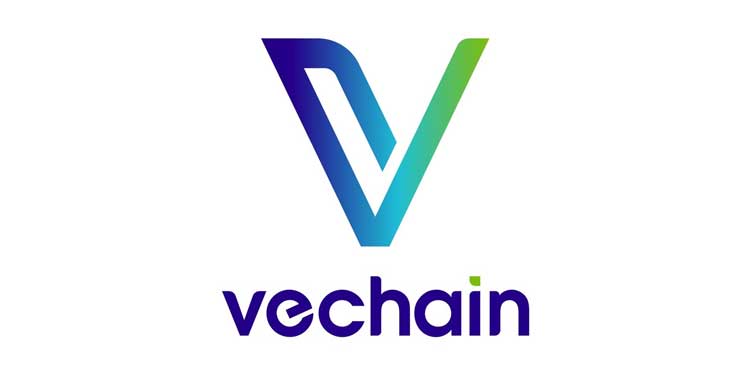
VeChain contributed technical expertise as being among the standard’s orchestrators, predicated on its own solutions, activities, and expertise, “with defined service rules based on in-house standards.” Dr. Peter Zhou, VeChain’s Chief Scientist, and Dr. Zhijie Ren, Senior Blockchain Researcher, provided technical guidance and ideas in hopes of “promoting the establishment of Shanghai’s blockchain norm.”
According to VeChain’s upgrade, the standard’s primary purpose is “to offer a solid and validated evaluation mechanism for existing blockchain-enabled corporate services.” It establishes normative criteria for evaluating and certifying blockchain services, “encompassing technical specifications, compliance standards, and basic and advanced guidelines for blockchain use cases.”
The norm also “includes assessment indices, assessment methods, and suggested procedures for evaluation process,” as stated in the release. This guideline is “generally applicable, since it pertains to both the assessment and certification of blockchain service levels and also the regulation of blockchain service providers.”
It includes “global guidelines” for technology vendors interested in providing blockchain-based business solutions, and also a calibration curve for major organizations “seeking to specify superior, trustworthy blockchain-powered digital services.”
Additionally, VeChain said that they are “not unfamiliar with assisting in the establishment of regulatory requirements.” VeChain allegedly participated in the initial IEEE global standards in the blockchain space, the 2418.2–2020 Data Format Standard for Blockchain Systems, in November 2020.
The study, which was headed by the China Electronics Technology Standardization Institute, “demonstrated VeChain’s engineering capability and capacity to produce standardized, expandable architectures that result in secure and quicker deployment.”
All through 2021, VeChain proceeded to “assist in the formulation of standards for a number of entities, spanning from home electrical equipment to non-standard goods and perhaps even recommendations to regulatory authorities such as San Marino, Europe.”
VeChain has taken a steady and systematic methodology to mainstream adoption, and this recent success represents another cornerstone on our way to worldwide mainstream adoption. The team noted that they hope to “create new regulations in 2022 and in the coming years while moving forward in the blockchain age.”
The VeChain Foundation, founded in 2015, has endeavored to establish links between blockchain technology and the physical world. VeChainThor’s growth is continuing “at a breakneck rate, evolving from a coalition network to a state-of-the-a rt public blockchain platform.”
The Foundation’s objective, as the industry catalyst, is to “embolden developers and visionaries by building tools that progressively remove adoption obstacles and decrease entrance barriers for companies and developers together.” VeChainThor has been “implemented across a broad variety of application, assisting organizations in their daily tasks and generating new value and efficiency.”